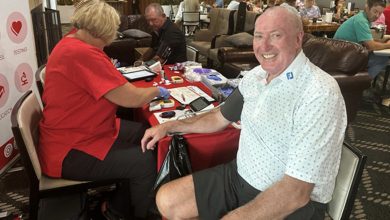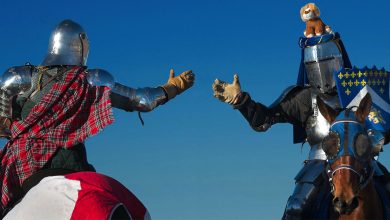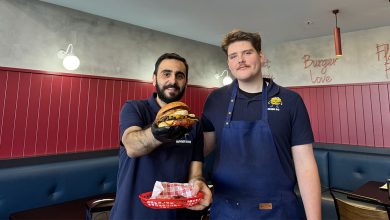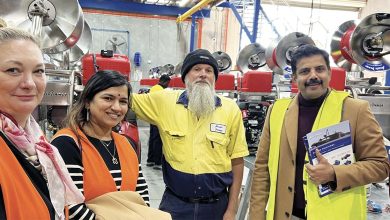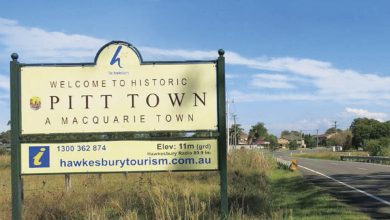From Student to RFS Captain
A former Northholm Grammar School student, he joined the Dural Rural Fire Service (RFS) at the age of 16, as part of The Duke of Edinburgh’s Award.
“When I needed to do the community service component for the program, I joined the fire brigade back in 2001. I just never ended up leaving,” he said.
Now Brigade Captain, he says the RFS has a variety of volunteers from different occupations and backgrounds, all bringing their own skillset to protecting the local communities.
“I’m a town planner, as my day job. I work with engineering firms doing town planning, but then other guys in the brigade come from all different types of backgrounds. We have people in emergency services like the police, plumbers, electricians, project managers, mechanics. Everyone comes from somewhere different,” he said.
Reflecting on the disastrous 2019-2020 bushfire season that swept across the east coast of Australia, he described it as “stressful” and “full-on”.
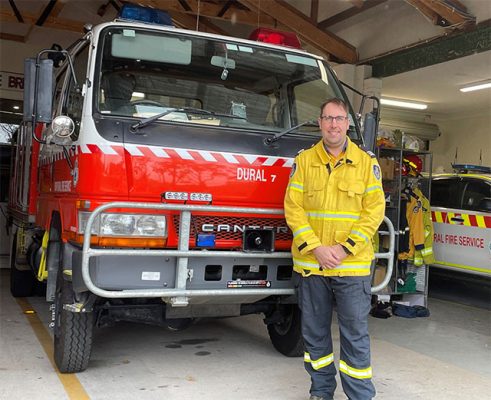
“I think we had about 55 days’ worth of time and over 1,000 hours of people and trucks out in the field. At that point, I had only been captain for about six months as well.”
He says the RFS has strategies in place before the fire season starts. “When the weather is appropriate, we do hazard reduction burns as a pre-emptive tactic. Back-burning is more of a defensive strategy, so we use that when there is an actual fire happening. We have our own plan, and every brigade across the area also has one that provides strategic benefit for their district,” he said.
He highlighted the need for residents, particularly those in fire-prone areas, to have a bushfire survival plan.
“The best thing is to have a plan or at least have thought about it… another thing is as simple as deciding whether you are going to stay or leave, if you feel comfortable defending your property, or if you feel safer leaving early. Either one you choose you have to make decisions by staying aware of what is going on around you. The biggest mistake people make is not having a plan,” he said.
To find out more visit www.rfs.nsw.gov.au[/vc_column_text][/vc_column][/vc_row]

